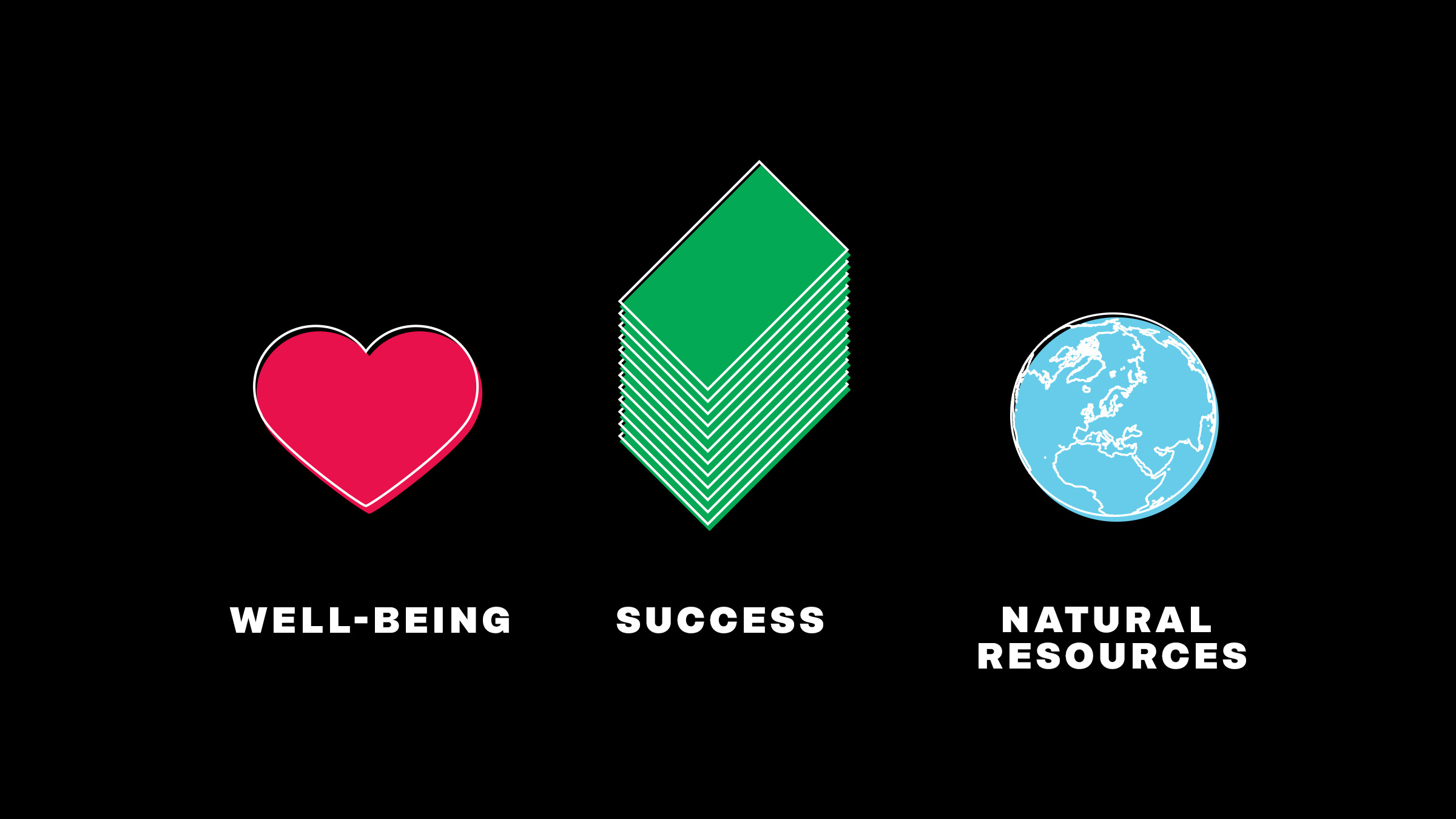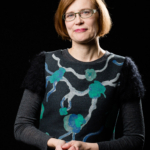“The national economy of Finland rapidly needs a critical shift that will take us towards a more efficient and smarter economy,” says Mari Pantsar, Director of the Carbon-neutral circular economy at Sitra. “That will allow us to ensure the future funding of the well-being of our society. The circular economy should be visible as a central theme in the next Government Programme.”
“The transition to a post-oil era will not be easy, but the current linear economic model has failed from the perspectives of both society and the environment,” adds Kari Herlevi, project director of the Circular Economy focus area. “Our well-being must not be dependent on overconsumption of natural resources.”
Finland prepared a national road map to a circular economy under the leadership of Sitra in 2016, the first country in the world to do so. Just like the first road map, the updated version also includes descriptions of the measures of essential importance for the circular economy to which Finnish stakeholders have already committed themselves. There are measures under way in central government, towns and cities, the business world and the everyday lives of Finnish people. The road map lists almost 30 new vital actions adopted by organisations in Finland in addition to a number of suggestions aimed at central government that have yet to be embraced.
A fully functional circular economy can be achieved if the following four strategic goals presented in the road map, all of which cover all sectors of society, materialise.
- Reform of the foundations of our competitiveness and vitality in such a way that circular economy solutions are the focus of competitiveness and an economic growth strategy.
- Finland will make a shift to low-carbon energy and set more ambitious goals in its climate and energy policy.
- Natural resources will be seen as a scarcity, because, to reach the climate targets of the Paris Agreement, consumption and production in Finland can no longer be based on the limitless use of natural resources. The report published by Sitra and the European Climate Foundation in June 2018 showed that, in order to meet the Paris Agreement targets, we need not only low-carbon energy but also a circular economy for key materials.
- Everyday decisions will become the driving force for change. Cutting our carbon footprint in half from the level of 2010 by 2030 requires that we adopt a new kind of approach to ownership, in terms of culture, taxation and income distribution.
In the same way as in the earlier road map, the foundations of the updated version were drawn up in collaboration with several stakeholders, representing different sectors of society. In addition, the draft road map was opened up for comments via the Otakantaa.fi service in autumn 2018. The Circular Economy Steering Group, chaired by Minister Kimmo Tiilikainen and Kirsi Sormunen, a corporate board work expert, also participated in drafting the goals.
The circular economy is an economic model not based on the continuous production of more and more goods but on the use of services – sharing, renting and recycling – instead of owning things. Materials are not lost at the end of their useful life but are used to make new products over and over again.
Sitra’s Circular Economy focus area has been encouraging Finland to move towards a more sustainable economy since spring 2015. Since then, the Finnish Government has set up its own Finnish Action Plan for a Circular Economy and, during Finland’s 100th anniversary year, Sitra established a leading international event within the sector, the annual World Circular Economy Forum.
Sitra received recognition for its national and international work at the beginning of 2018, when it was honoured as the world’s leading accelerator of the circular economy in the public-sector category of The Circulars Awards competition at the World Economic Forum in Davos. The work carried out by Finland and Sitra to promote the international circular economy enjoys strong support: according to a recent survey commissioned by Sitra, 83 per cent of Finns fully or partly agree that Finland should take action to promote the circular economy even if other countries are not doing so.
Sitra has been enhancing the practical adoption of a circular approach by providing funding for dozens of projects. For example, the Finnish education system is in the process of introducing circular economy perspectives to teaching, and the Kemi-Tornio’s circular economy industrial park is disseminating its circular model for heavy industry to other parts of the country. Sitra has also been involved in the testing of new regional mobility services, and the generation of regional, sustainable food systems in Finland.
Read more: The critical move – Finland’s road map to a circular economy 2.0



